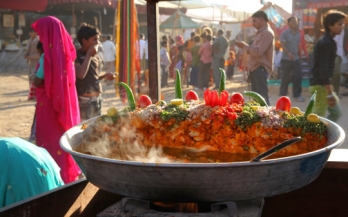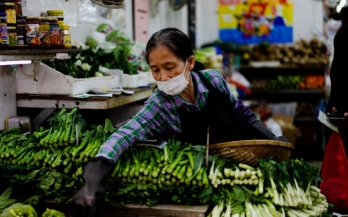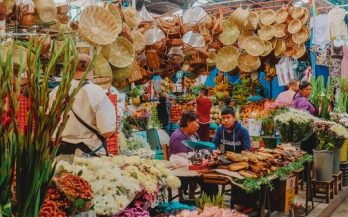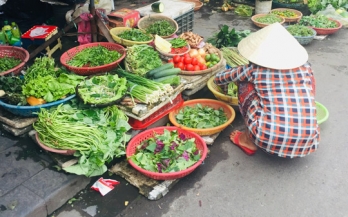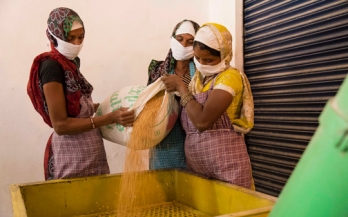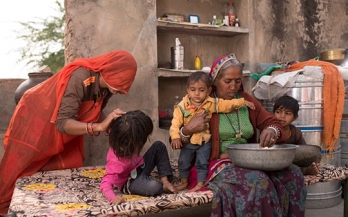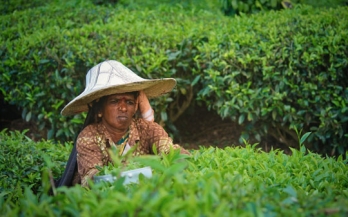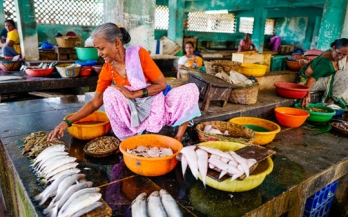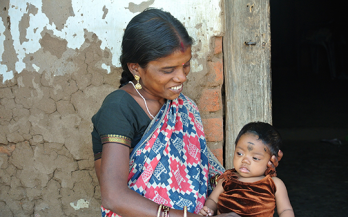Street foods - ready-to-eat foods or beverages that are sold by vendors in the street or other public places - play an important role in contributing to daily nutrition and ensuring food security worldwide. India has a rich tradition of street food vending, much of it taking place in urban areas and accessed by people from all socio-economic backgrounds.
These document series summarise some rapid assessments undertaken by the Global Alliance for Improved Nutrition (GAIN) to understand early impacts of the COVID-19 coronavirus pandemic on food systems in a set of low- and middle-income countries where GAIN works (Bangladesh, India, Pakistan, Indonesia, Mozambique, Ethiopia, Kenya, Tanzania, Rwanda, and Nigeria).
These document series summarise some rapid assessments undertaken by the Global Alliance for Improved Nutrition (GAIN) to understand early impacts of the COVID-19 coronavirus pandemic on food systems in a set of low- and middle-income countries where GAIN works (Bangladesh, India, Pakistan, Indonesia, Mozambique, Ethiopia, Kenya, Tanzania, Rwanda, and Nigeria).
These document series summarise some rapid assessments undertaken by the Global Alliance for Improved Nutrition (GAIN) to understand early impacts of the COVID-19 coronavirus pandemic on food systems in a set of low- and middle-income countries where GAIN works (Bangladesh, India, Pakistan, Indonesia, Mozambique, Ethiopia, Kenya, Tanzania, Rwanda, and Nigeria).
Through funding from BESTSELLER, GAIN worked in the states of Karnataka and Bihar in India, to improve the nutrition and lives of groups of semi-literate women and children. GAIN equipped women’s Self-Help Groups (SHGs) to produce nutritious food rations.
AP Foods’ approach to supplementary food production is a strong example of how GAIN’s nutrition partners learn from and use business-centered practices to achieve improved quality and efficiency within public sector or non-profit organisational contexts.
In support of the state government of Rajasthan and the Indian Integrated Child Development Services, the Global Alliance for Improved Nutrition (GAIN) launched a project to pilot a production model for producing supplementary nutrition via self-help groups.
This case study describes the approach taken between GAIN and AP Foods to scale up and improve their production of fortified supplementary foods, such as ready-to-cook mixes for common meals, and highlights the challenges, opportunities and lessons learned.
In India’s largest state of Rajasthan, a high percentage of children are undernourished and are not consuming the necessary vitamins and minerals they need to thrive. This case study describes project approach taken for producing supplemental food and also highlights the key lessons learned, challenges, and opportunities moving forward.
The Integrated Child Development Services in the State of Telangana, India, freely provides a fortified complementary food product, Bal Amrutham, as a take-home ration to children. This study was conducted to estimate the coverage and utilization of Bal Amruthama, a fortified complementary food product, and to identify barriers and drivers.
